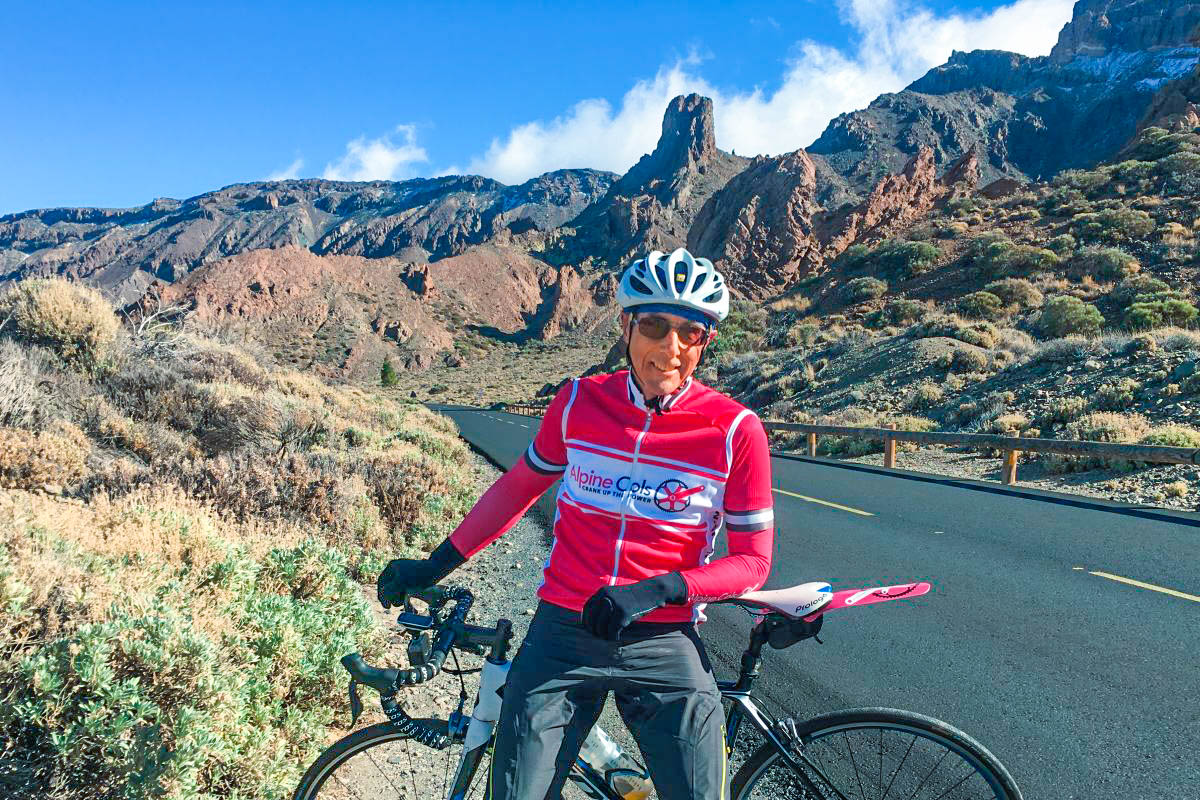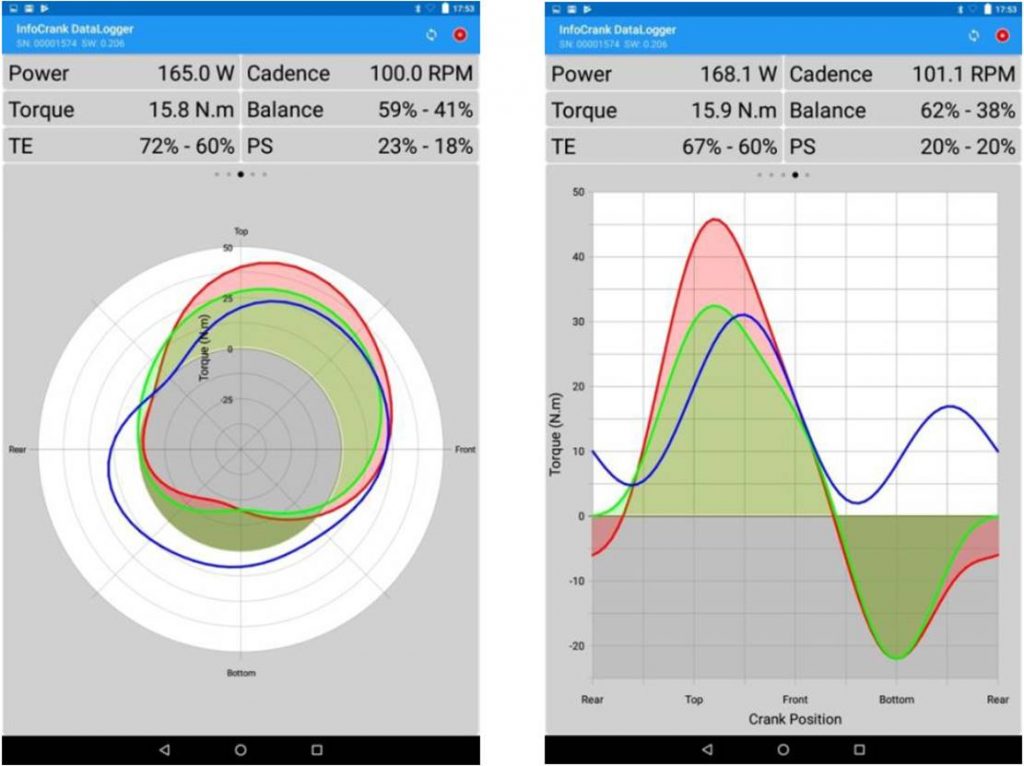
Until quite recently winter training was all about LSD or Long Slow Distance: putting on the miles at home, often in wet and grisly weather conditions. Nobody did any serious climbing, and the long cold miles were stoically endured until spring came at last.
Things changed with the wide availability of low cost flights and the publicity surrounding Team Sky and other professional team camps in warm-weather places such as southern Spain, the Balearic Islands, the Canary Islands and especially Tenerife. Now almost everybody is going somewhere warm and mountainous for a mid-winter training camp, sometimes two or more!
Little noticed, however, is how this is affecting the way we train, and not necessarily for the better.
Put two cyclists together and you have a rivalry. Call it a training camp, throw in some mountains and you have just created the conditions for a smash fest, with a fight to the death for bragging rights on Strava. Happy to be in the sun, with the memory of last year’s Alpine climbs still fresh, we all bust a gut trying to climb as fast as we did six months previously.
There’s no doubt this is great fun. But will it help us perform better in the summer? Sadly, the answer to that is almost certainly no.
Why not?
- Firstly, the 20 hours, 400km and 10,000m of climbing is likely to be a huge increase on your normal weekly training load. The induced fatigue will encourage poor technique and other bad habits, and significantly increase the risk of injury.
- Secondly, any positive effects of a week of sweet-spot training in January will be long gone by June, due to the inevitable de-training effect as you return to normal volume.
So what would be beneficial (while still being fun)?
We believe that at a mid-winter training camp you should be focusing on four things:
- building a solid base,
- improving your technique,
- setting the year up,
- eating wisely.
This is how we designed our Haute Route training camp in Tenerife this year.
Building a solid base
Building a solid base means spending lots of time riding at a steady endurance pace, often called Long Slow Distance (LSD). For anyone used to sweet-spot or threshold training, this feels slow, but there’s a reason why the professionals do most of their training like this. For more on this, read our articles on Polarised Training.
A week-long training camp is the ideal time for LSD. No need to hallucinate, just enjoy the scenery and chatting with your riding companions, safe in the knowledge that you are burning fat and building endurance. Equally important, you have time to spare to focus on technique.
We were vigilant on this during our camp, beginning each day with a high cadence session to warm-up properly and then taking all the climbs in Zone 2. The miles passed easily and nobody suffered from 3rd or 4th day syndrome!
Technique
The winter is the best time to improve your technique. Motivated by the new season, but without the stress of needing to perform, you can consciously practice and work on your technique so that by the time summer rolls around it has become automatic.
During our camp, we chose to focus especially on two vital skills:
1. Pedalling
Turning the pedals seems so simple that it is easy to overlook the importance of good technique. Professional cyclists don’t just push harder on the pedals than the rest of us, they also have developed a very efficient pedal stroke.
We teach pedalling technique by observation and feedback. We are looking for points such as upper body relaxation and core stability as well as ankle flex and the way in which power is delivered, which should change with cadence and as the road gets steeper.
Partners with Verve Cycling, we use InfoCrank® power meters which are a great tool for improving your pedal stroke. Set up on a turbo we can demonstrate the pedal stroke in real time on a tablet (see the screen-shot below). During your ride you can monitor Torque Effectiveness and Left/Right balance and get immediate feedback.

2. Descending
This is a pure technical skill, mastery of which gives a big advantage at all but the flattest events. At its most basic level, it will help keep you safe, because most accidents during sportives take place on descents.
We teach descending by a mix of theory, practical demonstration, direct feedback on the road and post-ride video analysis. Key points we look for include position on the bike, the line taken on the road, braking points and where the rider is looking.
Setting the year up
Each individual has specific goals and constraints and is starting from their own unique point. To complicate things further, you may respond differently to particular types of training than other people. This is why we don’t approve of off-the-shelf training plans (the bread and butter of many time-crunched coaches).
Our goal during the week is to help each person see clearly how to structure their plan for the year and what they should be focusing on. The value of good power data is inestimable, which is why we have partnered with Verve Cycling for their InfoCrank® power meters. British Cycling and the UCI have determined these to be the only consistently reliably accurate devices in real-world conditions. During the week you can ride with a set of InfoCranks® and learn how to use the data.
During evening sessions we address topics such as event demands, periodisation, equipment choice and a myriad of other topics related to your summer objectives.
Eating wisely
Post-Christmas is the key moment to adopt the nutrition habits you need as an athlete. This will help you achieve multiple goals:
- Achieve your target weight in a controlled fashion
- Improve your body’s ability to burn fat
- Stay healthy.
To address these needs we provided well-balanced meals made with the freshest ingredients, and “real food” during the rides (bananas, figs, apricots, raisins, nuts…)
We also devoted an evening session to nutrition. In this session we talked about the proper balance of carbs, protein and fats (we do not think the current craze for LCHF (low carb high fat) diets is good for cyclists); how to ensure you consume the vitamins and trace elements you need without resorting to overpriced supplements; whether any legal supplement can actually boost your performance; and what to eat and drink in the final days and hours before the race.
Oh, and if all of that sounds too boring, believe me, we ate fantastically well and had a real blast on the final day!
Tenerife in 2020?
If you are interested in joining our sportive/GranFondo coaching camp in Tenerife in 2020, please drop Marvin an email.
